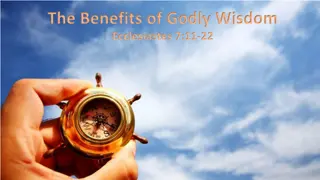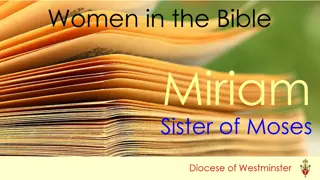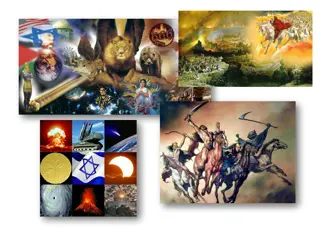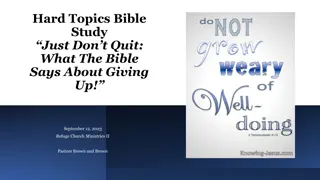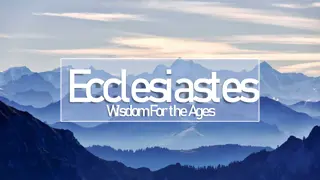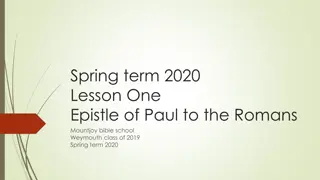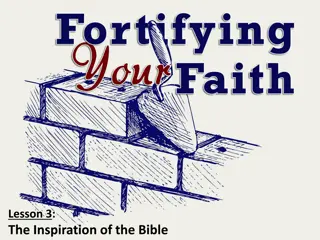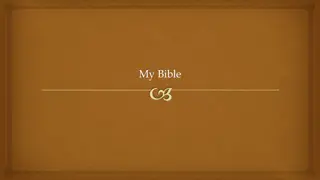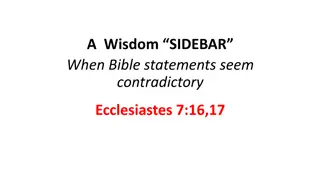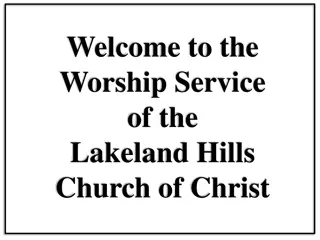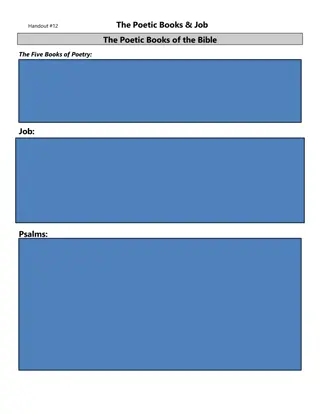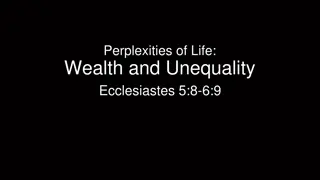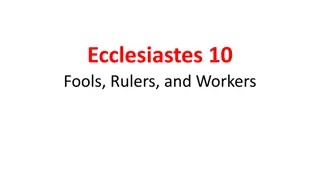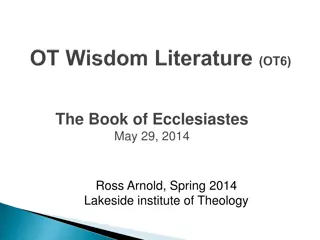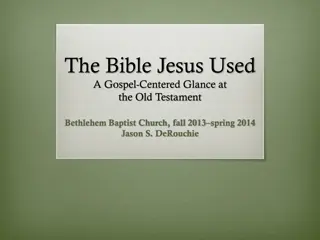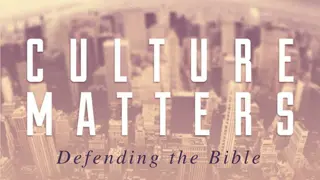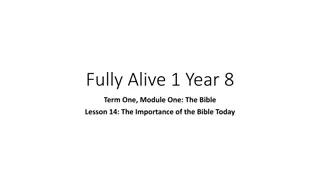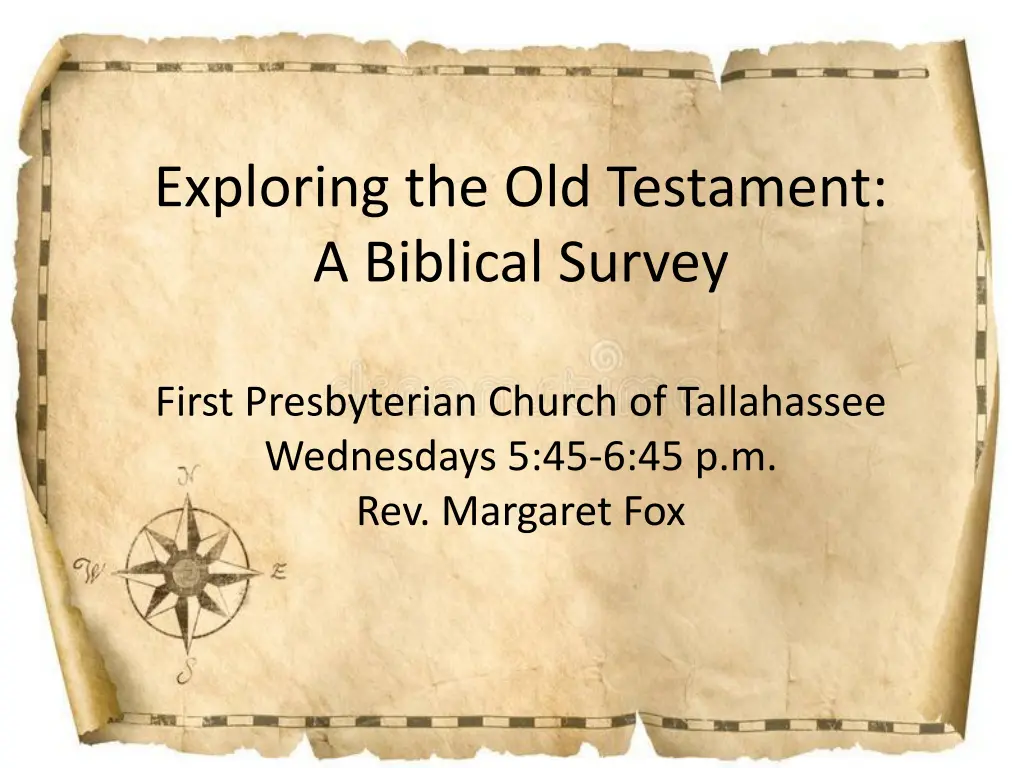
Exploring the Old Testament: A Biblical Survey - First Presbyterian Church Class
Join the engaging "Exploring the Old Testament: A Biblical Survey" class at First Presbyterian Church of Tallahassee, led by Rev. Margaret Fox. Delve into the book of Ecclesiastes, also known as Qohelet, to gain insights into themes like who God is, the nature of Israel, and the enigmatic figure of Qohelet as both author and character. Discover the historical context, structure, and key messages of this ancient text dating back to 450-330 BCE, offering reflections on mortality, human endeavors, and the cyclical nature of life on earth.
Download Presentation

Please find below an Image/Link to download the presentation.
The content on the website is provided AS IS for your information and personal use only. It may not be sold, licensed, or shared on other websites without obtaining consent from the author. If you encounter any issues during the download, it is possible that the publisher has removed the file from their server.
You are allowed to download the files provided on this website for personal or commercial use, subject to the condition that they are used lawfully. All files are the property of their respective owners.
The content on the website is provided AS IS for your information and personal use only. It may not be sold, licensed, or shared on other websites without obtaining consent from the author.
E N D
Presentation Transcript
Exploring the Old Testament: A Biblical Survey HO First Presbyterian Church of Tallahassee Wednesdays 5:45-6:45 p.m. Rev. Margaret Fox
Todays Class Ecclesiastes aka Qohelet
Whats new? Who is God? Creator, covenant maker, warrior lawgiver, commander, enforcer, tactician & general, rescuer/punisher, fertility specialist, ark-dweller, kingmaker&king un-maker, dynasty founder, resident of Jerusalem, forgiver & enforcer, restorer of fortunes, divine speaker, vision caster & performance artist, client/attorney/judge, listener, ?, semi-arbitrary dispenser of fate Who is Israel? Family lineage, slaves, fugitives, covenant people, soldiers & settlers, apostates and tribal lords, open and accepting people, proto-monarchy, monarchy, divided monarchy, people in exile, people returning and rebuilding, people accused & consoled, defendant, speaker, source of traditional wisdom, mere breath
Title Ecclesiastes = Greek translation of Qohelet Ecclesiastes: One who assembles Qohelet: Teacher
Qohelet Both author and character 1.1 The words of the Teacher, the son of David, king in Jerusalem 1.12-2:11 autobiographical section Solomon? or Solomon-like persona
Date 450-330 BCE (therefore not Solomon) Clues: Persian loan-words, but not Greek (Alexander the Great conquered Palestine 333 BCE) Persian period: Commerce, economic mobility and prosperity
Framing Units 1:1-11: Title and thesis; earth and time cyclical What has been is what will be there is nothing new under the sun 1:12-2:11: Autobiographical intro of Qohelet I saw all the deeds and see that all is vanity 11:9-12:8: Conclusion: human mortality 12:9-14: Appended epilogue
Themes Vanity of vanities: all is vanity, and a chasing after wind Life is fleeting Death is unavoidable Human fortunes are transitory and unpredictable
Hevel Since KJV, often translated Vanity Vanity of vanities construction of emphasis, like holy of holies Alter: too abstract. Recommends hevel as mere breath. Ruach => spirit, wind, life inhaled breath Hevel => vapor, mist exhaled breath
Things that are Hevel: Acquiring wisdom Pleasure Home improvements: vineyards, gardens, parks, pools Possessions: wealth, slaves, concubines Toil Envy Fame Trying too hard to be righteous
Conclusion Enjoy what you have Receive it as a gift from God (dispensed arbitrarily) 2:24-26 3:12-13 5:18-20 9:7-10
Question How are Qohelet s content and style similar to / different from Greek philosophy?
Question How does Qohelet understand God? What is the relationship of human beings to God? How does this compare to other scriptural threads?
Qohelet on God Elohim (not YHWH). No mention of covenant Seeking out wisdom is an unhappy business God has given human beings to be busy with (cf Gen. 1 and 2) Giver of gifts perhaps arbitrarily (2:24-26) Sets seasons and times (3) Tests us to show that we re but animals (3:18) To be feared (5) Maker of prosperity/adversity; knows future we don t (7:14)
Question What kind of moral universe are we in here? Compare/contrast to others we ve seen (Deuteronomist, Proverbs, Psalms, Job, etc)
Canon What is this book doing in the scriptures?
Canon Earliest authoritative Jewish list of scriptures: Council of Jamnia, 1st c. CE Prescriptive or descriptive? Unknown. Christian canon: murkier Debate whether OT should be included (Marcion, Manicheeans) Catholic v. Protestant canons Deuterocanoncial / apocryphal books: Greek language original; in Septuagint & RC canon
Moving Forward Reading for next time: Esther. Assignment for next time: Enjoy it. Opening prayer for next time:

